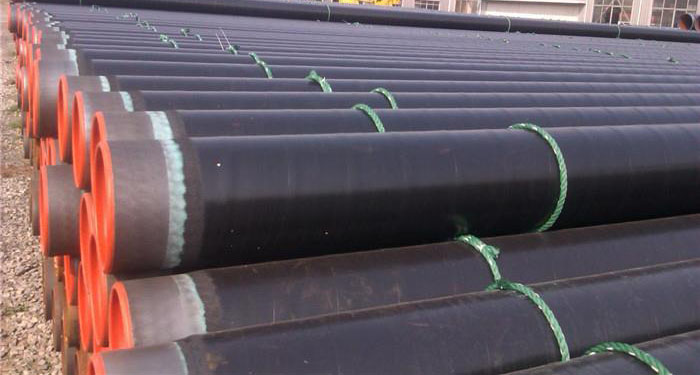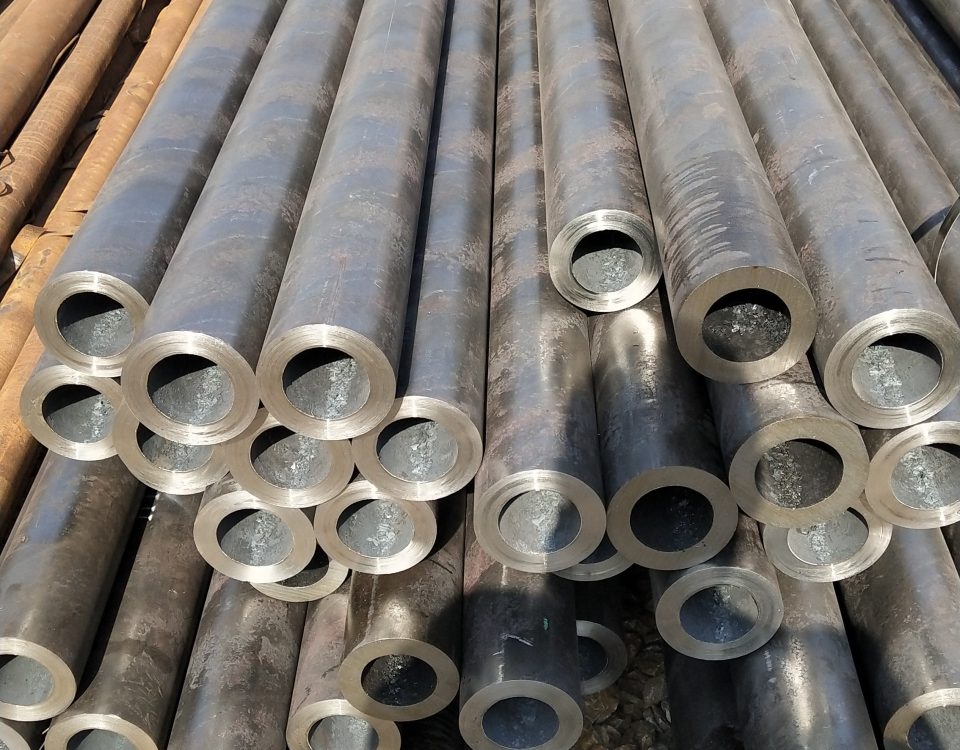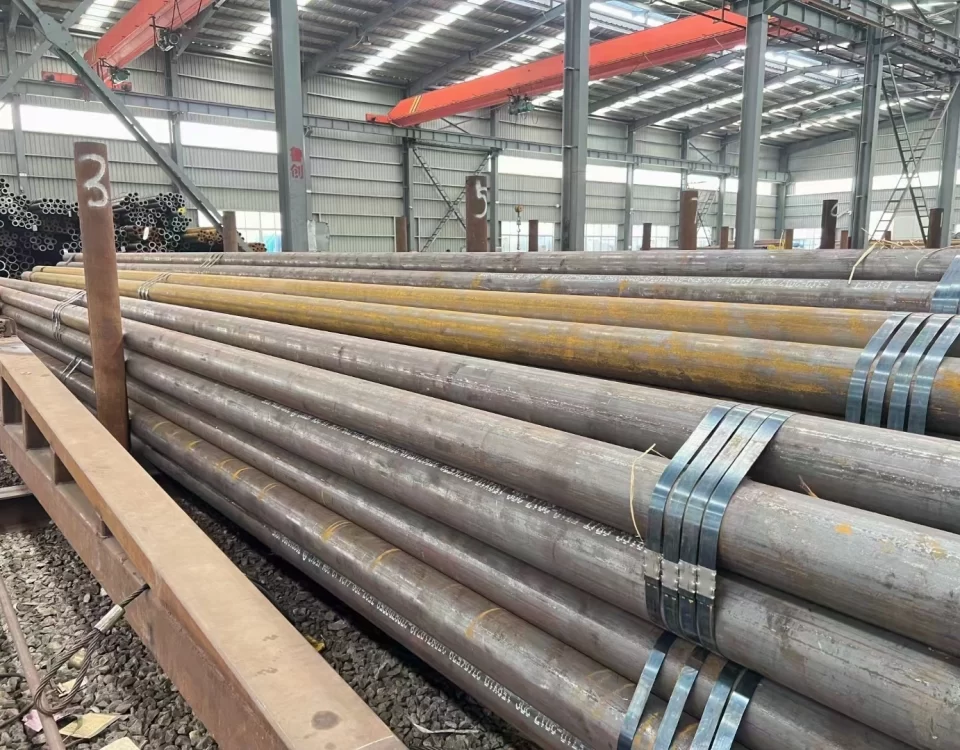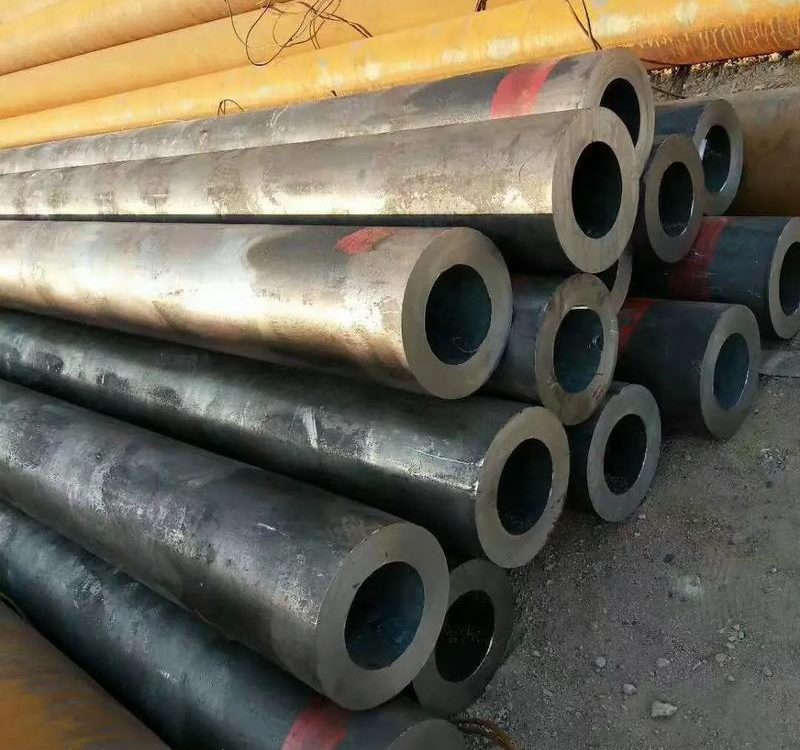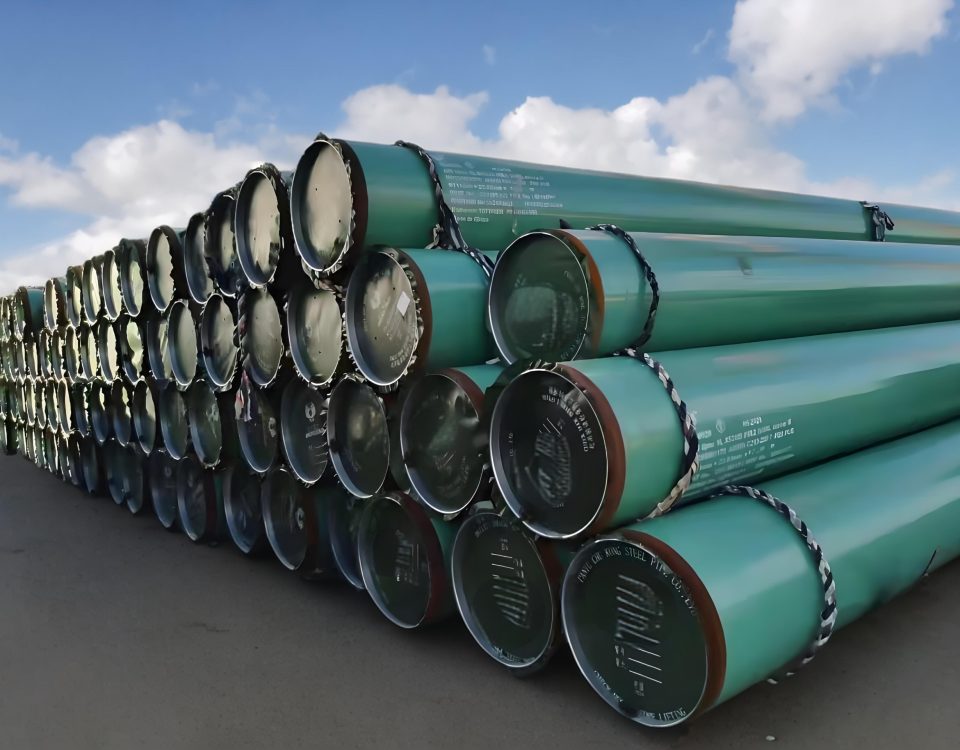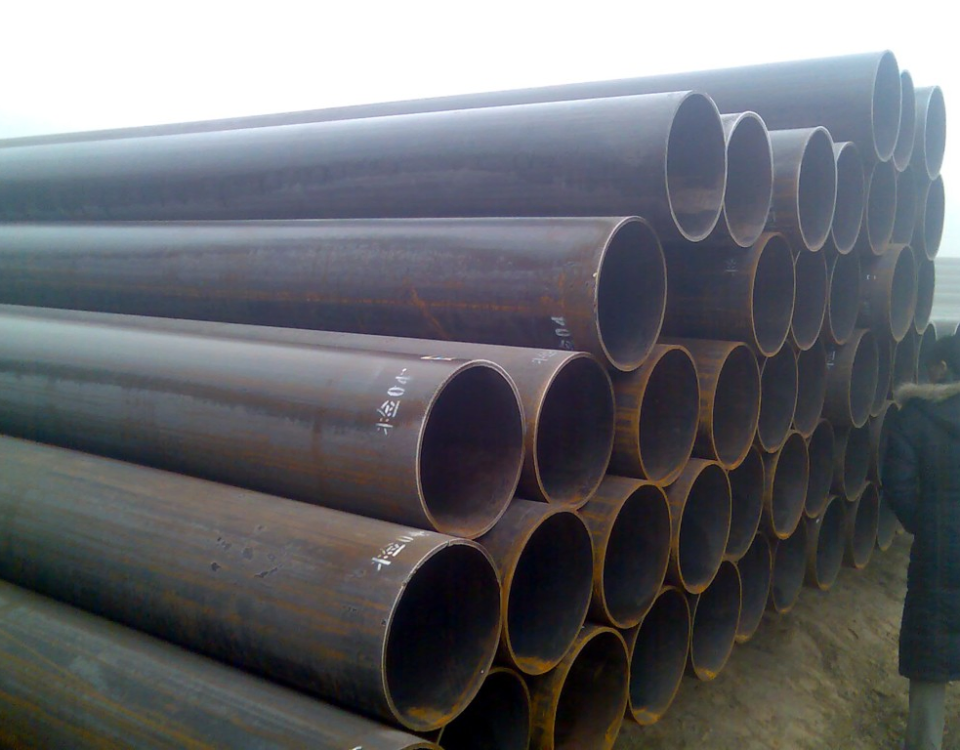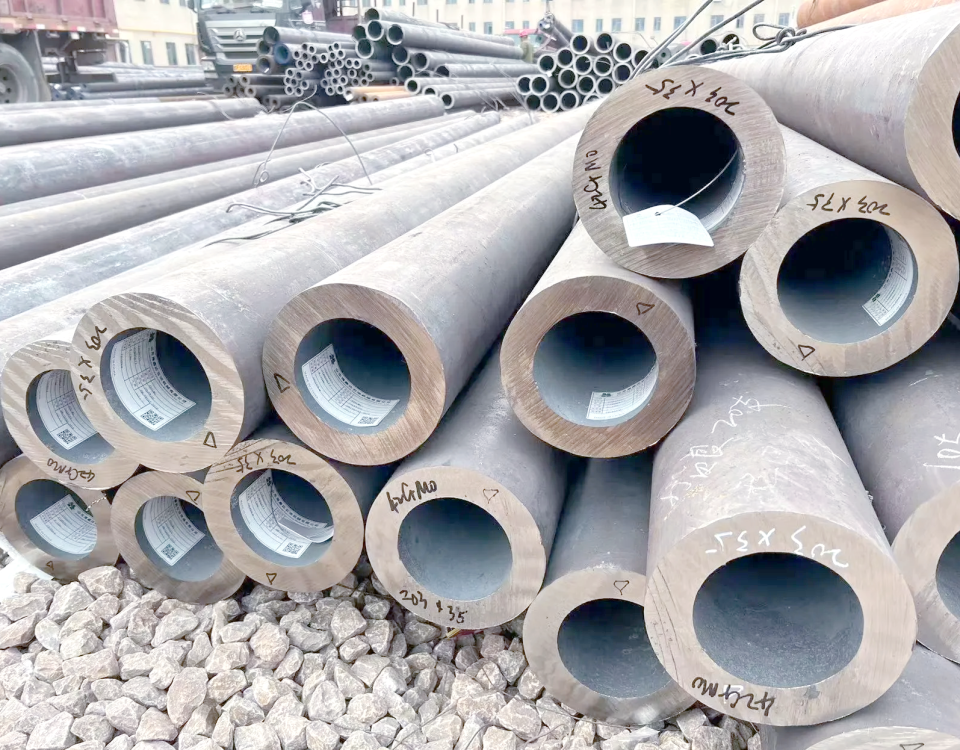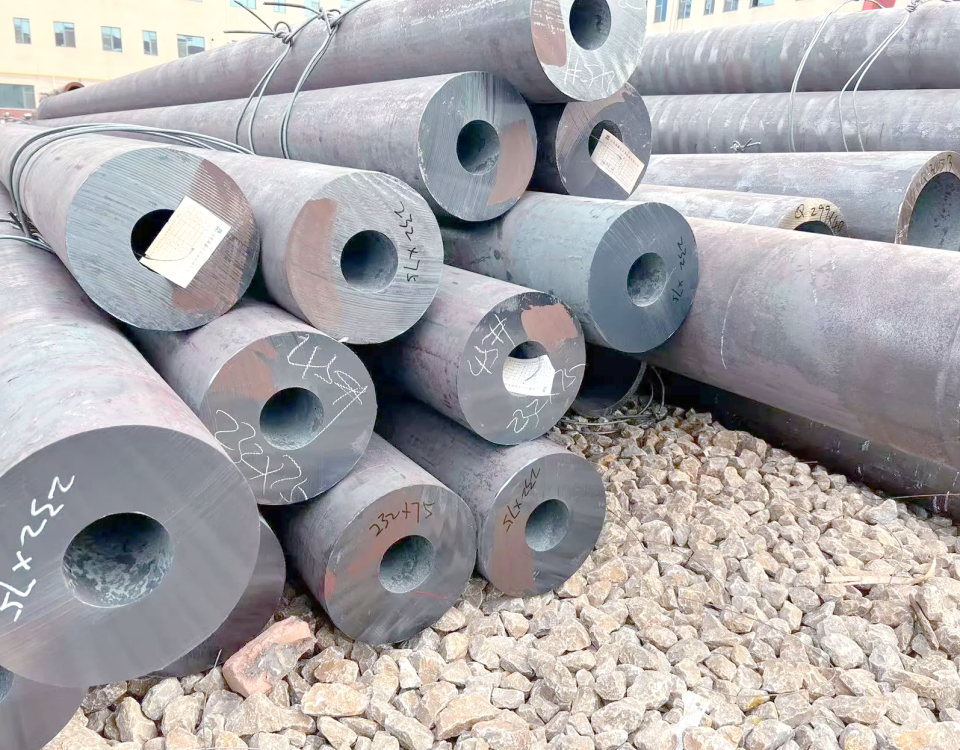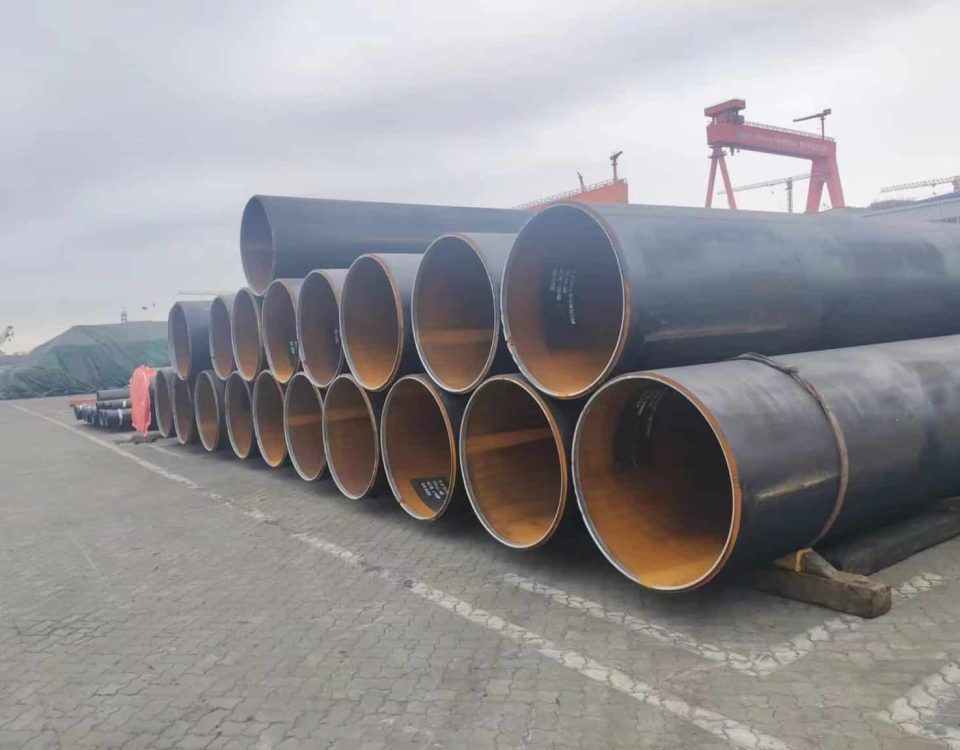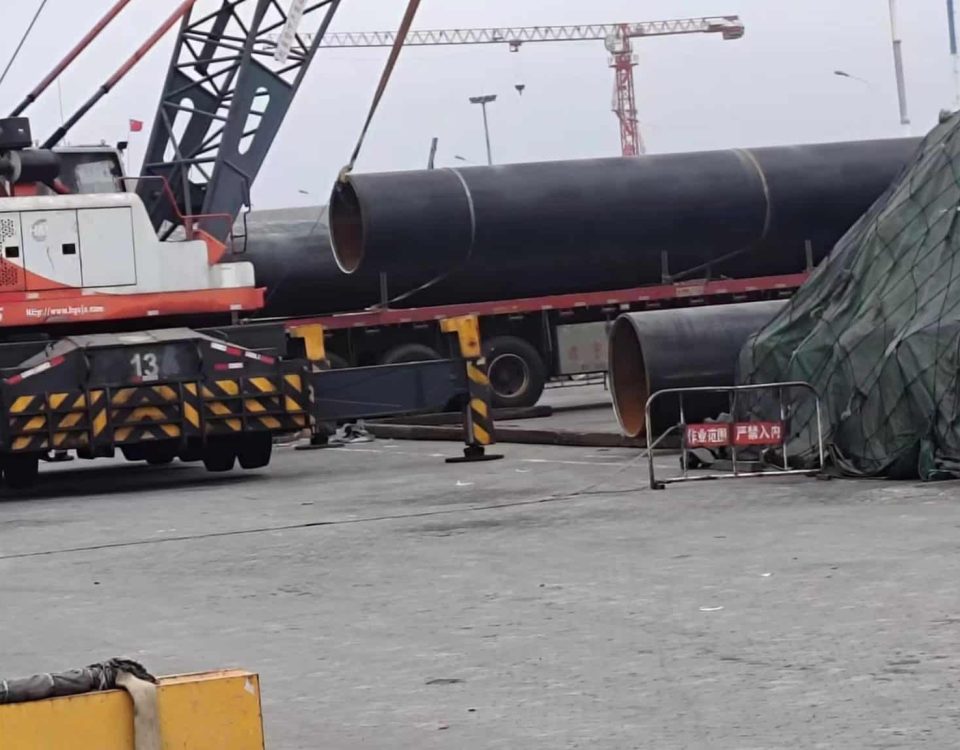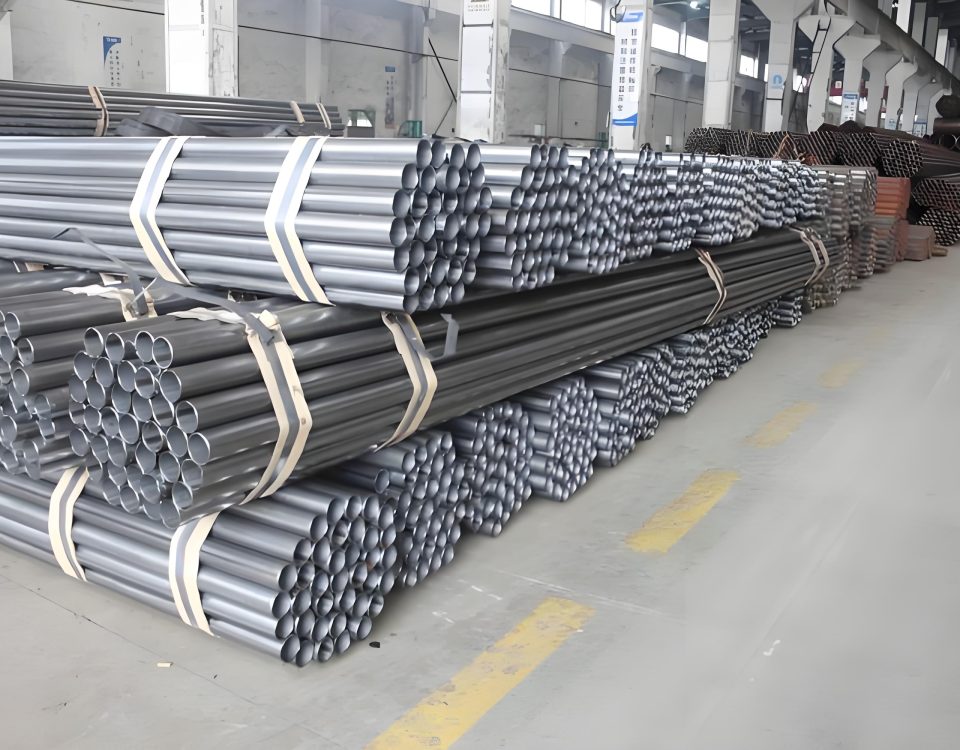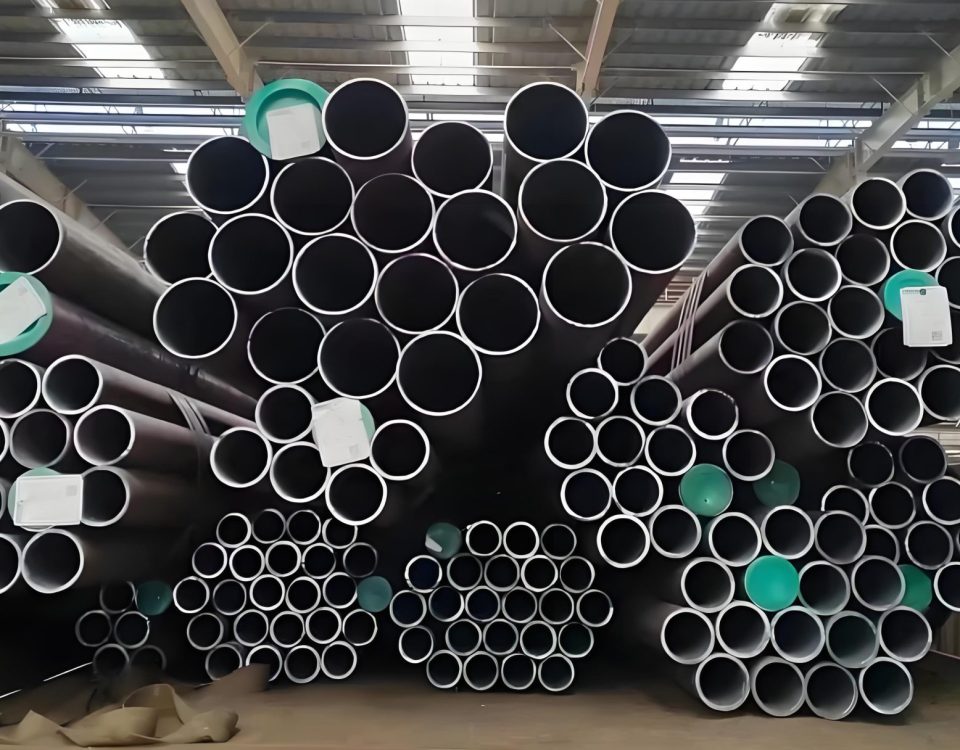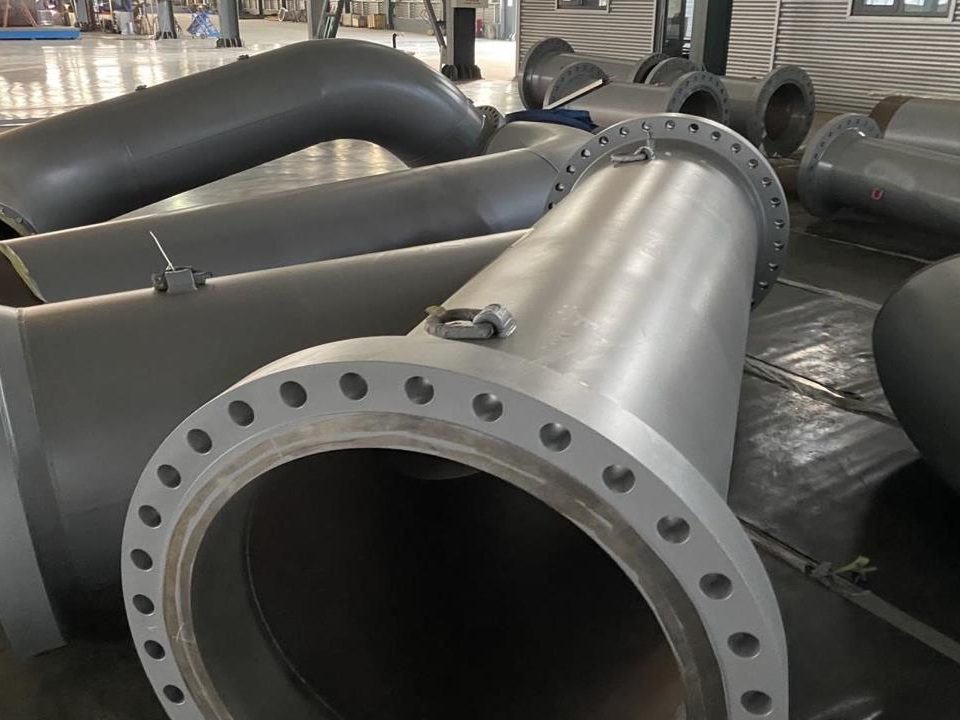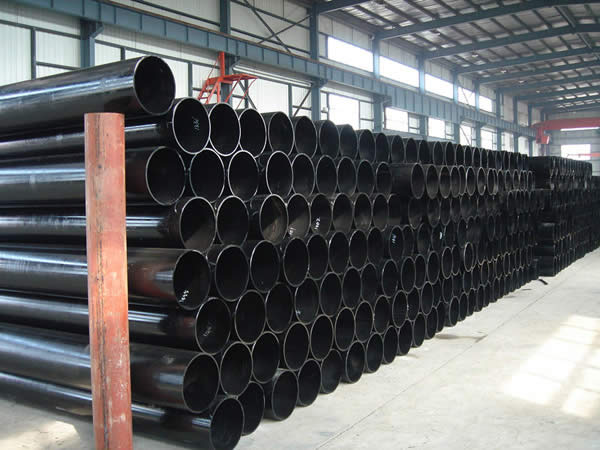
WELDED STEEL PIPE VS SEAMLESS STEEL PIPE PRODUCTS AND SIGNIFICANT PROCESSES
November 26, 2017ASTM A179 Seamless Carbon Steel Pipe for heat Exchange
December 16, 2017Line pipe is a type of pipe that is manufactured from high strength carbon steel. It is typically made according to metallurgical specifications that were developed by the American Petroleum Institute (API). Line pipe can be used to build pipelines that transport a variety of resources including natural gas, oil, petroleum, and water.
Steel line pipe has been used successfully for decades now in the transportation of gases, flammable liquids and solids. Given the high pressure levels frequently involved in the transportation of these media, steel is the optimum pipe material and it remains unparalleled in terms of safety and reliability for a long service life.
Oil and gas gathering lines are steel pipes that transport oil or gas from the producing area to a storage facility or larger main pipeline. Tenaris provides steel pipes in various grades and diameters for use in constructing gathering lines and gathering systems.
Line pipe is generally manufactured for the conveyance of oil and gas in transmission lines, distribution main lines, and offshore pipeline systems. Oilfield tubular goods are casing (including liners), drill pipe, tubing or line pipe. Corpac supplies welded and seamless API 5L line pipe grades through X 100 for high pressure applications, including Sour Service Solution A or B. Corpac works closely with its customers to present line pipe solutions manufactured to match the required grades and specifications.
Drilling for crude oil, as well as the production, processing, storage and transportation of this energy product, inflicts huge stresses and corrosion on the materials used in oil industry equipment. Acid-bearing fluids used during drilling operations can eat into the tubing through which they flow. Crude oil from the ground contains substances such as sulfur and hydrogen sulfide that induce corrosion in pipelines
Steel pipes can be classified according to multiple criteria, such as:
Manufacturing process: seamless, erw, lsaw, dsaw, hsaw pipes
Finishing: cold rolled, hot rolled, cold finished
Materials: metal, plastic, cement, glass, fiberglass, etc and material grades (carbon steel, stainless steel, nickel alloy steel pipes)
Manufacturing norms
PIPE TYPES BY MANUFACTURING NORM
Considering construction norms, pipes can be divided into the following main types:
ASME B36.10 (carbon / alloy pipes) and ASME B36.19 (stainless and nickel alloy pipes)
API 5L (linepipes for midstream oil & gas)
API 5CT (octg tubing / casing pipes for upstream applications)
EN / DIN / BS (european pipe standards)
PIPE TYPES BY MANUFACTURING NORM
Considering construction norms, pipes can be divided into the following main types:
ASME B36.10 (carbon / alloy pipes) and ASME B36.19 (stainless and nickel alloy pipes)
API 5L (linepipes for midstream oil & gas)
API 5CT (octg tubing / casing pipes for upstream applications)
EN / DIN / BS (european pipe standards)
Abter Supply delivers line pipe for onshore and offshore applications in the oil and gas industry used to convey natural gas, oil and other flammable fluids. Due to extreme conditions such as low and high temperature, high pressure and corrosive environments in the transportation of flammable media, line tubes are made from carbon, alloy or stainless steel in accordance with API 5L, EN and ISO 9001 standards. International standards determine metallurgical specifications to guarantee safe, reliable and long lasting pipelines. Therefore important tests are performed on line pipe to ensure it meets all of the determined requirements of steel chemistry, strength, toughness, and dimensional characteristics. Steel pipes can be manufactured seamless and in different welded varieties ranging from Fusion Welded (EFW), Electric Resistance Welded (ERW), High Frequency Induction (HFI) to Double Submerged Arc Welded (DSAW).

